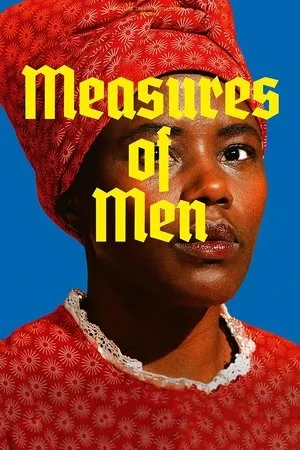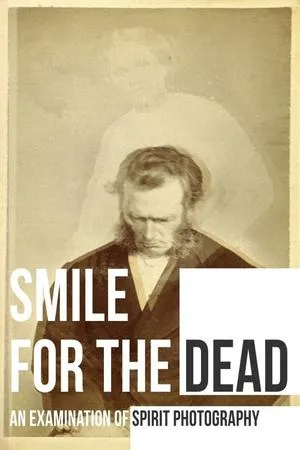DEVO, a name synonymous with new wave innovation and societal commentary, emerged from the post-punk landscape of the late 1970s and early 1980s. More than just a band, DEVO was a multimedia art project, a satirical commentary on the state of American culture, and a musical force that defied easy categorization. Their story is one of artistic vision, perseverance, and a willingness to challenge the status quo. The roots of DEVO can be traced back to Kent State University in Ohio, where founding members Mark Mothersbaugh and Jerry Casale met. The tragic Kent State shootings of 1970, in which four unarmed students were killed by the National Guard during a protest against the Vietnam War, profoundly impacted Mothersbaugh and Casale. This event became a catalyst for their artistic exploration of the concept of “de-evolution,” the idea that humanity was regressing rather than progressing. This concept became the central theme of DEVO’s music, lyrics, and visual aesthetic. DEVO’s early performances were confrontational and theatrical, incorporating elements of performance art and Dadaism. The band’s name, DEVO, was a shortened version of “de-evolution,” and their music was characterized by angular melodies, robotic rhythms, and absurdist lyrics. DEVO’s breakthrough came in 1980 with the release of their album “Freedom of Choice,” which featured the hit single “Whip It.” The song’s catchy melody and quirky music video propelled DEVO into the mainstream, and the band became a cultural phenomenon. “Whip It” was more than just a pop song; it was a subversive commentary on consumerism, conformity, and the American obsession with success. DEVO’s success was not without its challenges. The band’s unconventional image and satirical lyrics often confused and alienated mainstream audiences. Some critics dismissed DEVO as a novelty act, while others accused them of being cynical and nihilistic. Despite the criticism, DEVO continued to push boundaries and challenge expectations. The band released a string of albums throughout the 1980s, each exploring different aspects of de-evolution and American culture. DEVO’s influence can be seen in a wide range of musical genres, from new wave and synth-pop to alternative rock and electronic music. Bands like Talking Heads, Blondie, and Duran Duran all owe a debt to DEVO’s innovative sound and visual style. DEVO’s legacy extends beyond music. The band’s art and ideas have influenced artists, filmmakers, and thinkers across a variety of disciplines. DEVO’s concept of de-evolution continues to resonate in a world grappling with environmental degradation, political polarization, and technological disruption. DEVO’s story is a reminder that art can be both entertaining and thought-provoking, and that even in the face of adversity, it is possible to create something truly original and meaningful. DEVO remains an important and influential band, and their music continues to inspire and challenge audiences around the world.

DEVO (2024)
DEVO, the new wave band that rose to fame in 1980 with their hit song "Whip It," captured mainstream attention with their concept of societal "de-evolution." Formed as a response to the tragic Kent State shootings in 1970, the band's music and message resonated with a generation questioning the direction of society. DEVO's unique sound and thought-provoking lyrics cemented their place in music history.











